-
×
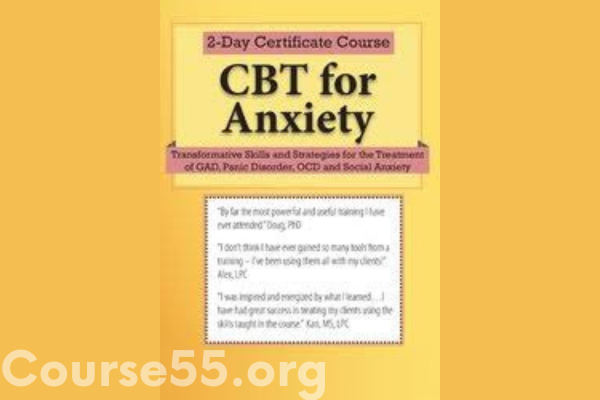 2-Day Certificate Course: CBT for Anxiety: Transformative Skills and Strategies for the Treatment of GAD, Panic Disorder, OCD and Social Anxiety – Elizabeth DuPont Spencer & Kimberly Morrow
1 × $30.80
2-Day Certificate Course: CBT for Anxiety: Transformative Skills and Strategies for the Treatment of GAD, Panic Disorder, OCD and Social Anxiety – Elizabeth DuPont Spencer & Kimberly Morrow
1 × $30.80 -
×
 2-Day Certificate Course: Heal the Shattered Self: Advanced Evidence-Based Interventions to Effectively Treat Shattered Clients By Steve Johnson - PESI
1 × $30.80
2-Day Certificate Course: Heal the Shattered Self: Advanced Evidence-Based Interventions to Effectively Treat Shattered Clients By Steve Johnson - PESI
1 × $30.80
Workplace Mental Health Competency Training: HR Strategies for Compliance, Safety, Productivity and Wellness By Suzi Sena – PESI
$250.00 Original price was: $250.00.$30.80Current price is: $30.80.
SKU: C55org.11443DQZWABcv
Category: Download
Tags: HR Strategies for Compliance, PESI, Productivity and Wellness, Safety, Suzi Sena, Workplace Mental Health Competency Training
Workplace Mental Health Competency Training: HR Strategies for Compliance, Safety, Productivity, and Wellness – Immediate Download!
Content Proof:

In an increasingly demanding professional landscape, companies are realizing the vital role mental health plays in the success and sustainability of their workforce. The program Workplace Mental Health Competency Training: HR Strategies for Compliance, Safety, Productivity, and Wellness, led by Suzi Sena, highlights how focused HR training can establish a healthier, more resilient workplace. This initiative goes beyond legal compliance—it advocates for a culture that values psychological well-being. As research indicates, even brief exposure to mental health education can lead to measurable improvements in workplace morale and output, making this training more relevant than ever.
The Value of Mental Health Training
In today’s business world, mental health support is no longer optional—it’s essential. Mental health concerns are not isolated personal issues; they directly impact team performance and organizational health. Data shows that roughly 20% of adults face mental health challenges, which can result in increased absenteeism, reduced output, and rising medical expenses. Companies must address these challenges with comprehensive mental health education for HR leaders.
Suzi Sena’s course emphasizes the need to align with current legal and ethical obligations, such as those outlined by the Americans with Disabilities Act (ADA) and the Occupational Safety and Health Administration (OSHA). By educating HR staff on these frameworks, organizations minimize liability while promoting an environment where employees can openly discuss their mental wellness.
Core Elements of the Training Program
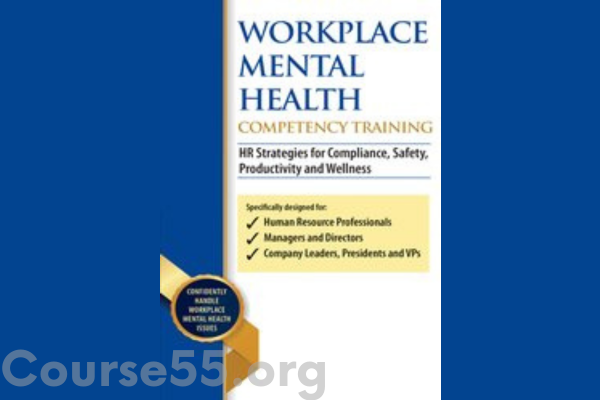
Suzi Sena’s curriculum is structured around essential pillars that help organizations develop a mentally supportive workplace. The content centers on two major areas: legal compliance and workplace safety.
-
Legal and Ethical Training: HR teams are equipped with the knowledge to interpret and apply complex mental health legislation. This helps organizations stay compliant and avoid potential legal issues.
-
Safety Awareness: The program explores how mental health influences job performance and safety. A stressed or mentally unwell employee may be more prone to errors or workplace incidents.
-
Cultural Transformation: The training promotes a shift toward a wellness-first mindset, encouraging preventive approaches over reactive measures. This transition boosts team morale and reinforces loyalty.
Through these components, HR professionals are empowered to nurture a workplace culture that prioritizes both mental health and productivity.
Mental Health as a Driver of Productivity
Embedding mental health awareness into corporate culture can significantly increase productivity. Studies have found that even brief training sessions—lasting just a few hours—can foster more supportive attitudes among leadership. Those who complete the training are often better prepared to advocate for their employees’ mental wellness.
Some of the actionable strategies from the course include:
-
Routine Mental Health Check-ins: Encouraging team leaders to regularly engage with employees about their well-being helps normalize mental health discussions.
-
Flexible Scheduling: Allowing alternative work arrangements, such as remote options, helps reduce employee stress and increase retention.
-
Access to Mental Health Resources: Making support services and wellness tools available ensures staff can manage stress more effectively.
These practices directly contribute to a more focused, balanced, and productive workforce.
How Mental Health Relates to Workplace Safety
Recognizing the strong link between mental health and on-the-job safety is a central focus of the training. Employees in a good mental state tend to be more attentive, better decision-makers, and more engaged overall. This is especially critical in environments where errors can result in serious consequences.
The training integrates mental health awareness into existing safety measures. By learning to identify early signs of emotional distress, HR professionals can intervene before issues escalate, creating a safer and more responsive workplace culture.
Building a Culture Centered on Wellness
Promoting a wellness-oriented culture can drastically enhance employee engagement and job satisfaction. The course stresses the importance of seeing employees as whole individuals with lives beyond the office. Addressing mental health as a core component of employee support fosters a healthier environment for everyone.
Resources like Employee Assistance Programs (EAPs) are highlighted as crucial tools for mental health support. EAPs offer confidential counseling and guidance that help employees handle personal challenges. Additionally, cultivating informal peer networks within the organization can further encourage openness and mutual support.
Evidence Supporting Mental Health Initiatives
Multidisciplinary research strongly supports the adoption of mental health programs in the workplace. Insights from psychology, occupational health, and public health emphasize the need for an integrated and ongoing approach to training.
Organizations such as the World Health Organization (WHO) stress that mental health education should not be treated as a one-off solution. Instead, it should be embedded in continuous learning and professional development for HR teams. Moreover, inclusive training that considers diversity ensures all employees’ needs are addressed, improving outcomes across the board.
Final Reflections
Suzi Sena’s Workplace Mental Health Competency Training delivers a compelling case for prioritizing mental health as a strategic business imperative. By training HR professionals to handle mental health issues proactively, companies can create environments that are not only compliant with regulations but are also genuinely supportive and productive.
In sum, mental health training should be seen not just as a box to check for compliance but as a forward-thinking investment in organizational well-being. The result is a more engaged, healthier, and resilient workforce—benefiting both employees and employers in lasting ways.
Frequently Asked Questions:
Business Model Innovation: We operate a group buying strategy, allowing participants to share costs and access popular courses at reduced prices. This model benefits individuals with limited financial resources, despite concerns from content creators about distribution methods.
Legal Considerations: The legality of our operations involves complex issues. Although we don’t have explicit permission from course creators to resell their content, there are no specific resale restrictions stated at the time of purchase. This ambiguity creates an opportunity for us to provide affordable educational resources.
Quality Control: We ensure that all course materials purchased are identical to those offered directly by the creators. However, it’s important to understand that we are not official providers. As such, our offerings do not include:
– Live coaching calls or sessions with the course author.
– Access to exclusive author-controlled groups or portals.
– Membership in private forums.
– Direct email support from the author or their team.
Our goal is to make education more accessible by offering these courses independently, without the additional premium services available through official channels. We appreciate your understanding of our unique approach.
Be the first to review “Workplace Mental Health Competency Training: HR Strategies for Compliance, Safety, Productivity and Wellness By Suzi Sena – PESI” Cancel reply
You must be logged in to post a review.


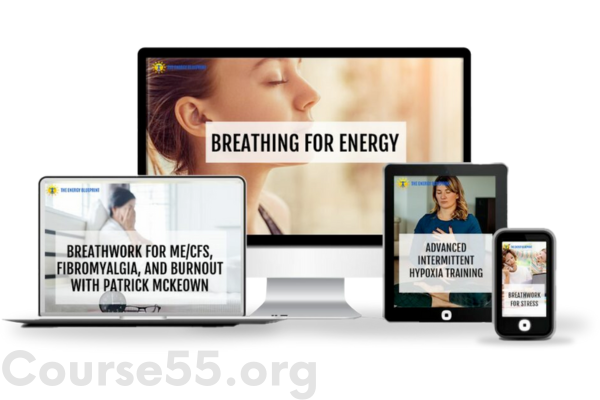

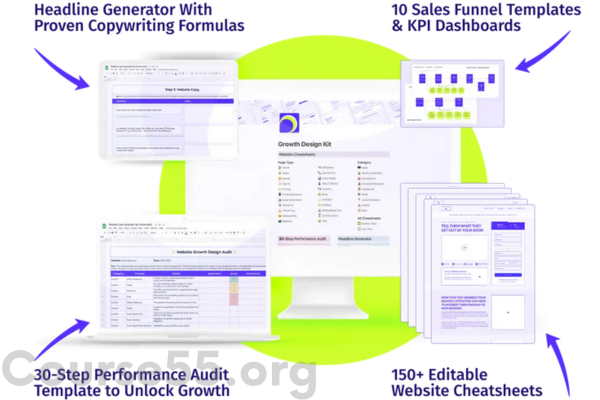



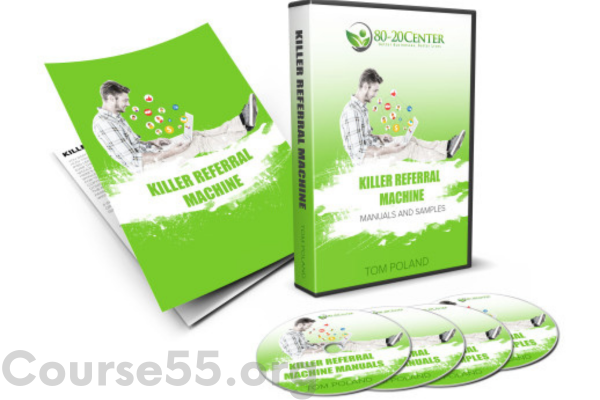






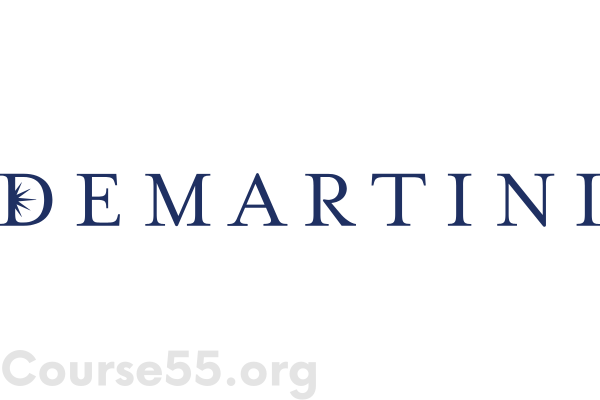
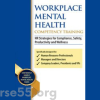
Reviews
There are no reviews yet.